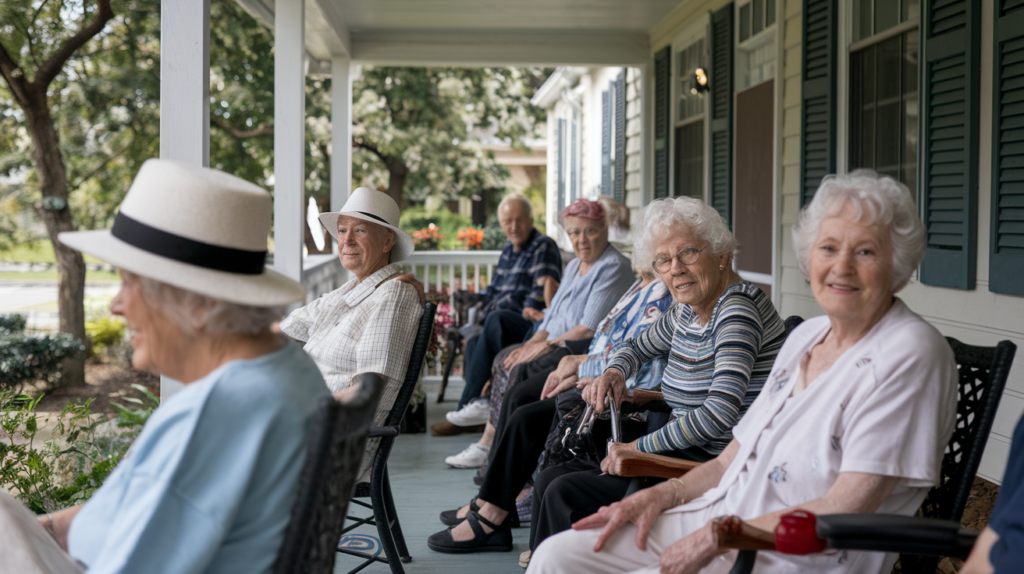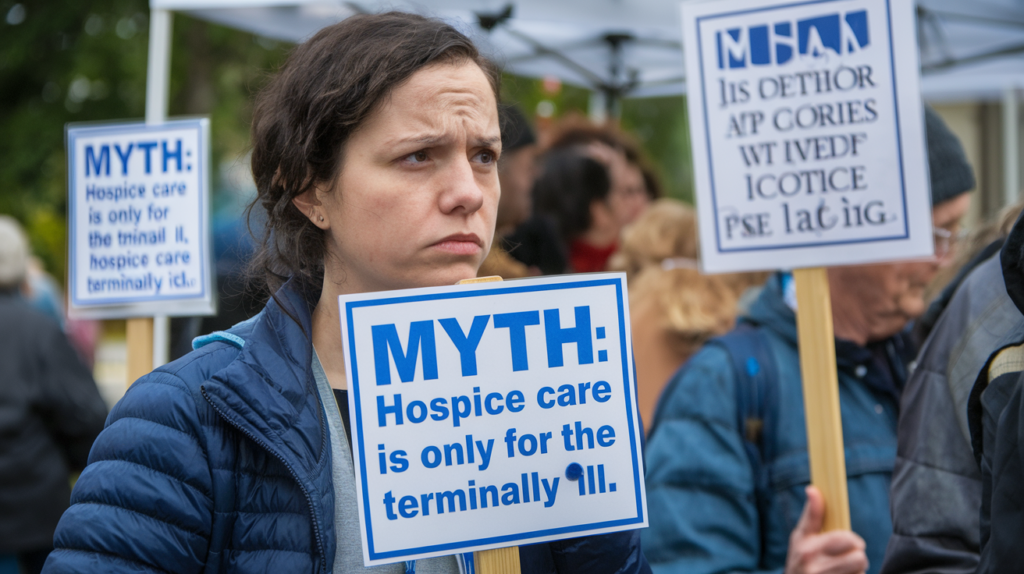Hospice care is often misunderstood as being synonymous with the final days of life. While hospice does serve individuals nearing the end of their journey, it is much more than a service for imminent death. It is a compassionate approach designed to improve the quality of life for patients and families facing terminal illnesses. This article explores the broader scope of hospice care and dispels common myths to help families understand its true value.
Understanding Hospice Care
Hospice care focuses on providing comfort, dignity, and quality of life to individuals with a terminal diagnosis. Rather than pursuing curative treatments, hospice aims to manage symptoms, alleviate pain, and offer emotional and spiritual support. Its core principles revolve around a patient-centered approach that addresses not just the physical but also the emotional, social, and spiritual needs of both patients and their loved ones.

Common Myths About Hospice Care
Myth 1: Hospice Care Equals Imminent Death Many people believe that entering hospice means death is just days away. However, hospice care is available to individuals with a prognosis of six months or less if the disease follows its natural course. Some patients live longer than expected and continue to benefit from the supportive services hospice provides. Hospice is about enhancing the time remaining, whether it’s weeks, months, or more.
Myth 2: Hospice Is Only for the Final Days of Life Another misconception is that hospice care is reserved for the very end of life. In reality, the sooner hospice care is initiated, the more benefits patients and families can experience. Early enrollment allows for comprehensive symptom management and emotional support, ensuring a better quality of life for everyone involved.

The Broader Scope of Hospice Care
Hospice care encompasses a wide range of services that go beyond managing physical symptoms:
- Pain Management: Ensuring patients remain comfortable and free of distress.
- Symptom Control: Addressing issues such as nausea, breathlessness, and fatigue.
- Emotional and Spiritual Support: Providing counseling and spiritual care to help patients and families navigate the challenges of terminal illness.
- Daily Living Assistance: Helping patients with activities such as bathing, dressing, and eating, when needed.
A multidisciplinary team, including doctors, nurses, social workers, chaplains, and volunteers, collaborates to create a care plan tailored to each patient’s unique needs and wishes.
Eligibility and Timing
To qualify for hospice care, patients must meet specific criteria:
- Terminal Illness Diagnosis: The patient must have a condition deemed incurable.
- Prognosis of Six Months or Less: Based on the natural progression of the illness.
Timing is crucial when considering hospice care. Early enrollment provides more time for patients and families to benefit from comprehensive support. It also reduces the likelihood of medical crises and emergency hospitalizations.
Flexible Care Settings
Hospice care is not limited to one location. It can be provided in various settings to suit the patient’s preferences and needs:
- At Home: Allowing patients to remain in the comfort of familiar surroundings.
- In Nursing Facilities: Collaborating with facility staff to provide specialized care.
- Hospice Centers: Offering dedicated environments for patients requiring intensive support.
This flexibility ensures that patients receive care wherever they feel most at ease.
Benefits of Early Hospice Enrollment
Enrolling in hospice care early offers numerous advantages:
- Enhanced Quality of Life: Symptom management and support improve day-to-day comfort.
- Crisis Prevention: Proactive care reduces the need for emergency medical interventions.
- Family Support: Counseling, respite care, and guidance help families cope with the challenges of caregiving.
Families often report a sense of relief and reassurance knowing that a compassionate team is available around the clock.
Hospice as a Holistic Approach
Hospice care addresses the whole person, focusing on physical, emotional, and spiritual well-being. This holistic approach ensures that patients feel valued and supported at every stage of their journey. Families also benefit from grief counseling and bereavement support, helping them find solace after their loved one’s passing.

Final Thoughts
Hospice care is far more than end-of-life care—it is a compassionate resource that prioritizes comfort, dignity, and quality of life. By dispelling myths and understanding its broader scope, families can make informed decisions and embrace hospice as a supportive option during challenging times. Early consideration of hospice care allows patients and their loved ones to focus on what truly matters: living each moment to the fullest.
Resource and Reference



